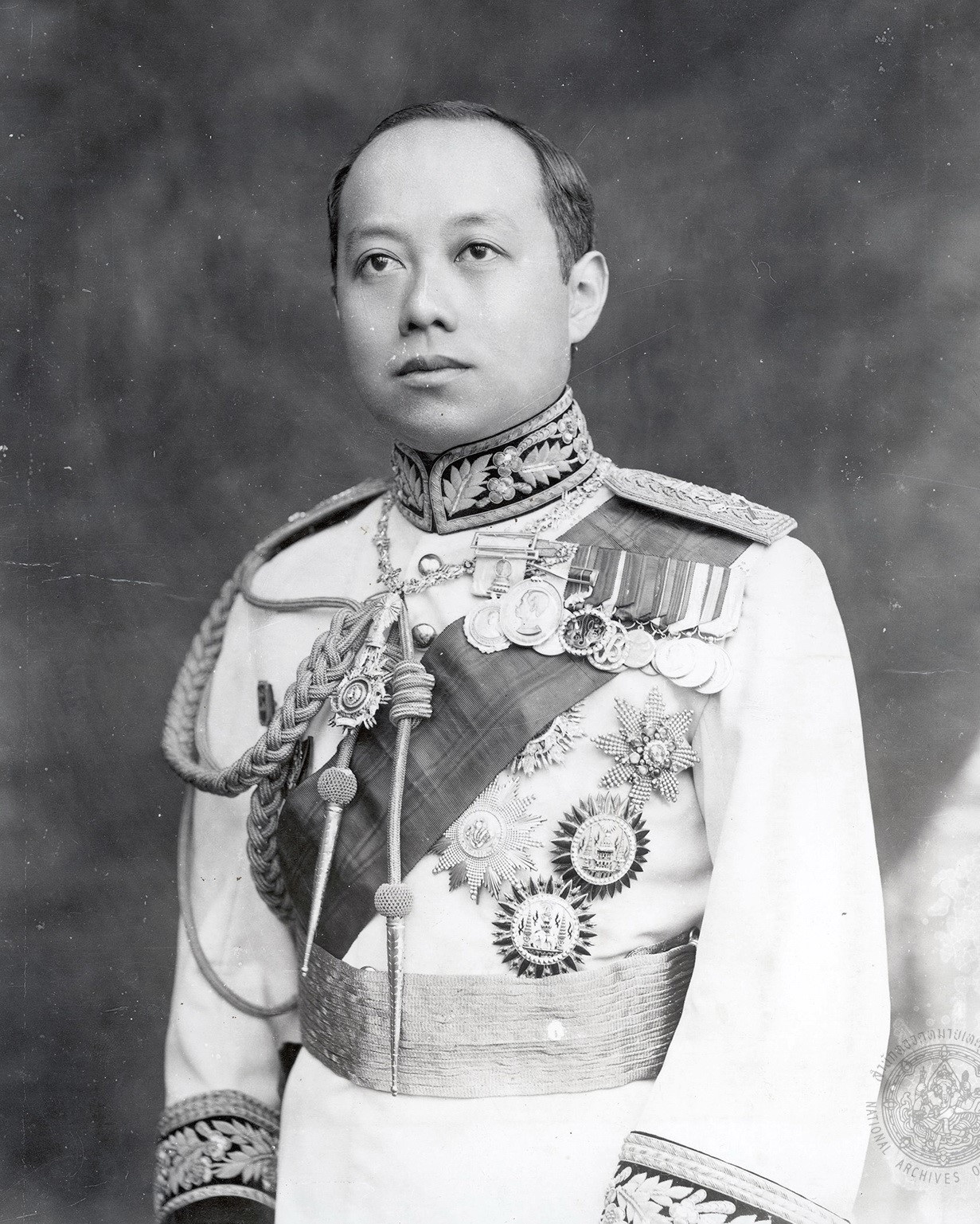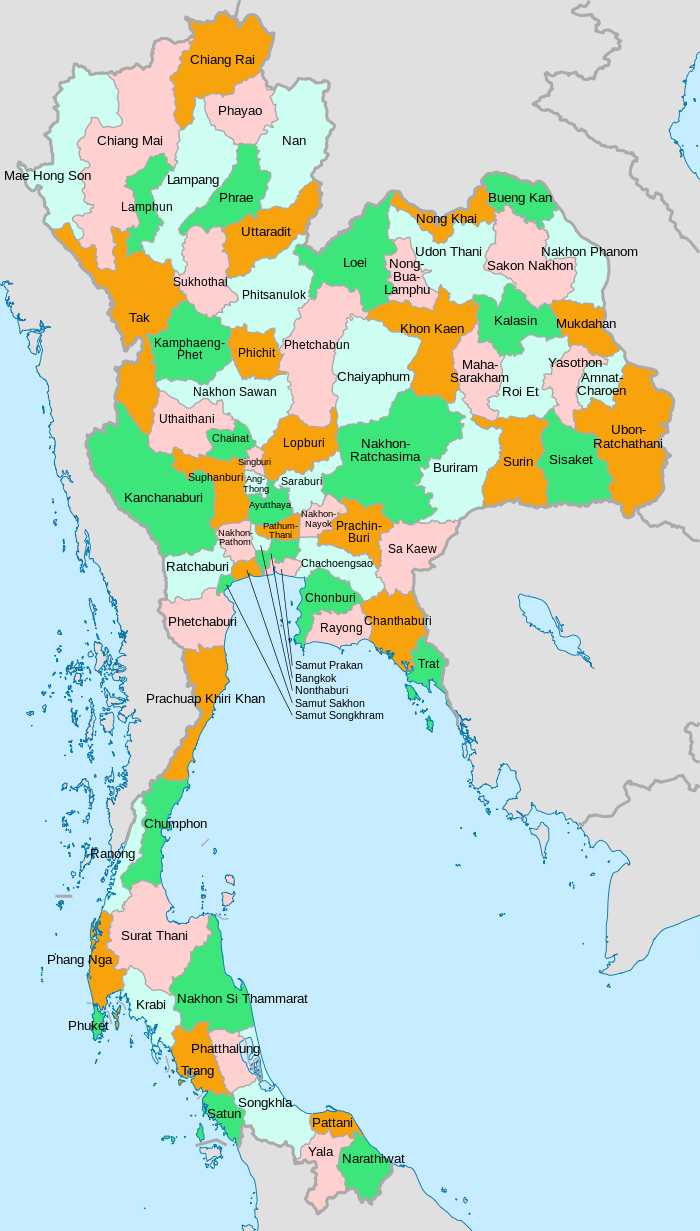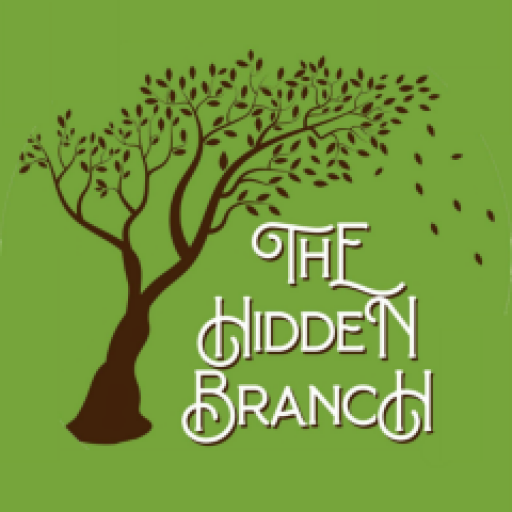Nearly one year ago, back in August of 2020, I wrote an extensive blog post about Vietnamese genealogy research. And I would say it’s one of my best blog posts I’ve written so far. The main reason I covered Vietnamese research is because I am half Vietnamese, so I know a lot about researching over there. However, I want to cover other East Asian nations since there aren’t a lot of genealogy websites and resources for these groups. The next nation I will cover is Thailand, another Southeast Asian country.
Date Order:
Like many other countries in Asia, the date order that Thailand uses is day/month/year, compared to the U.S.’s month/day/year format. This is an important detail to note when conducting Thai research. When recording dates for your Thai ancestors, make sure you specify which date format you are using and consistently use one or the other.
Thai Names:
The naming system over in Thailand is unique and interesting compared to other countries in the region. I found that there are a few things to note with Thai names in general that will help with your genealogy research. For one, the name order of Thai names is different from other East Asian countries like China or Vietnam. In Thailand, they always write the nickname (more on that in a moment) first, then the official given name, and lastly the surname. This follows a more Western pattern of name order. While in other Asian countries, the family name or surname is written first. Another important detail is that the Thai language has its own script. When recording the names of your Thai ancestors, you should know how to write their names in both the native Thai script and the romanization of the name. Personally, I would use the Thai script on official and fancy family trees and somehow note the Romanized form of the name.
Surnames:
Surnames are a new innovation to Thai society. Prior to the reign of King Rama VI, Thai people didn’t have surnames. People back then were just referred to by their place of residence or by a parent’s given name along with their given name to distinguish themselves. However, in 1913, the Surname Act was passed in Thailand. This meant that everyone in the country was required to have a surname in conjunction with the birth, marriage, and death registration that was instituted in 1912. For civil servants and government officials, the king appointed your surname himself, family members of these government officials would also adopt the appointed name. Normal people, on the other hand, had a choice and registered their surname based on the name of an ancestor, their occupation, their residence, or some other title or meaning. Many ethnically Chinese people living in Thailand then also changed their last name to sound more Thai. This reminded me of the “Americanization” of the names of immigrants to the U.S. in the 19th and 20th centuries.

According to Forebears, the most common surnames in Thailand are as fellows…
10) Huang (~53 thousand people)
9) Tan (~56 thousand people)
8) Lee (~59 thousand people)
7) Liu (~64 thousand people)
6) Zhang (~68 thousand people)
5) Li (~82 thousand people)
4) Wang (~84 thousand people)
3) Saelim (~86 thousand people)
2) Chen (~88 thousand people)
1) Saetang (~89 thousand people)
What this all means for Thai genealogy research is that if your research traces back prior to 1913, it will become a lot harder to continue your research since most people didn’t have surnames to distinguish themselves as well. It would also be interesting if you could find out where your Thai ancestors picked the surname that they did.
First Names:
First names in Thai culture are straight forward. Although, I found a few things that should be of note when learning about Thai names and researching your Thai ancestors.
- Back in the 1900s (when surnames were becoming a thing), Thai people were often named after relatives to distinguish themselves from others in the community. However nowadays, the first name is meant to be unique to each person in Thailand; so, it is rare for someone to be named after a relative.
- One similarity I found with other Asian countries is that every Thai given name has a meaning. Parents tend to give names to their children that convey positive attributes which relate to luck, success, and happiness; this is so the child will hopefully have a better life.
- In Thai culture, names are not seen as permanent as they are in the West. If a person finds that they have had a hard life or bad luck, it is common for a person to change their name completely as an attempt to change it and bring better luck.
- Birthdate and time are another important factor in deciding a given name in Thailand, often children are given a name of religious meaning for good fortune if they are born at the right date or time.
- Another important note is that Thai people don’t give their children middle names. So, when you’re doing research on your Thai relatives, don’t be surprised if you don’t come across any.
Nicknames:
Nicknames are one unique and interesting aspect of Thai culture that I learned about in my research and will make genealogy research different from other nationalities. For one, Thai people use their nickname more often than their official given name. Given names tend to be used for official purposes and record-keeping, while most Thais receive a nickname at birth which they use in their daily life, such at school, the workplace, etc. In many social situations, the nickname takes precedence over the real name. Compared to in the West, where we usually go by our given name and nickname by close friends or family. Another key difference is that nicknames in Thailand are standalone names and are usually not at all related to a person’s actual given name. While in other countries, nicknames are typically just shortening forms of one’s given names. Although, Thai nicknames are still usually short, only one or two syllables. While Thai given names and surnames that can often be very long.
Two other things to know about Thai nicknames is that siblings often have similar nicknames, in terms of meaning or sound and that nowadays it is common for people to have an foreign sounding nickname if they are mixed Thai and a foreign nationality.
What this all means for your genealogy research is it will be important to record your ancestor’s nickname. While typically nicknames are just small details that you would note in your family tree. I suppose this will somewhat replace finding a middle name, although this will be recorded in front of the given name.
Titles:
Another aspect of Thai culture I thought would help someone doing genealogy research over there is personal titles! This might help if you travel over there, and you look at different vital records. In Thailand, titles (the equivalents of Mr. and Mrs.) are categorized by age, sex, and marital status.
| Titles | Ages 0-15 | Ages 15+ |
| Male | Dèk Chaai | Naai |
| Female | Dèk Ying | Unmarried Female = Naang SăaoMarried Female = Naang |
Although nowadays, Thai women will sometimes continue to use “Naang Săao” as their title even if they have gotten married.
Other Things to Note:
Like many non-Western countries, what genealogical or vital records that exist are kept on the local level in Thailand. This means that if you wish to visit the country to research your Thai ancestors, you will have to travel to the specific province that your family originated from.

My final research tip for Thai genealogy applies to basically all immigrant groups, but when conducting research on your Thai ancestors, make sure you research all you can in the country that your family immigrated to, whether it is the United States, Australia, Canada, etc. Often you can find public records on genealogical websites to see where your family lived and many still have their naturalization papers or certificates.
Websites:
FamilySearch – Thailand Genealogy
Forebears – Most Common Last Names In Thailand
Where are the Thai People from?
Videos:
Thai Names : Know more about Thai people through their Names

Fantastic! The more of us out there exploring the lesser known countries for genealogy, the better. I learned a ton in this post, and I’ll be sharing it to the big pan-Asian group (unless someone’s already beaten me to it)! Looking forward to reading and learning more!
Thank you for the comment, I’m glad you enjoyed it! There definitely should be more on Asian countries in the genealogy community.
There is certainly a great deal to find out about this topic. I really like all of the points you have made.
Thanks! I’m glad you found the information helpful.